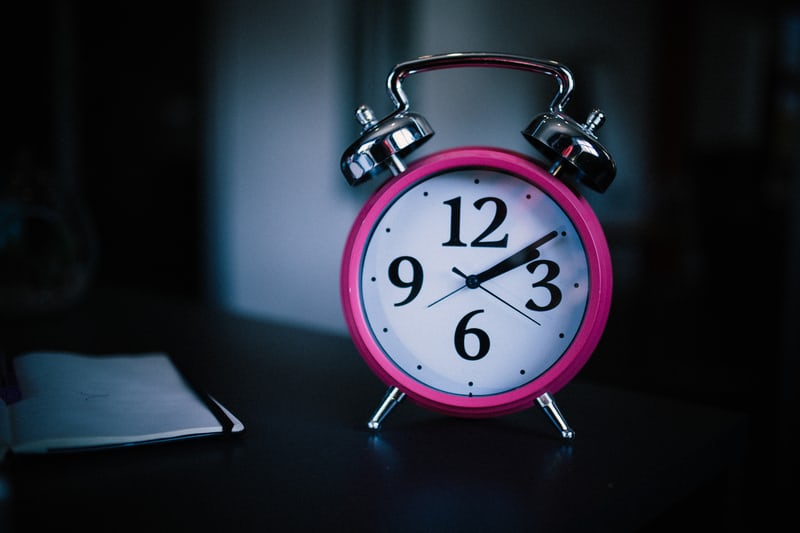Naps are one of the most effective tools for enhancing performance when we’re short on sleep. However, the best strategy varies, for example if you’re talking about total sleep deprivation versus sleep restriction.
Let’s look at a study after a night of five hours of sleep (this seems pretty applicable to real life whether it’s a sick child, catching an early flight, or burning the midnight oil at work).
An Australian study comparing the benefits of different nap lengths after one night of sleep restricted to 5 hours was followed by a nap at 3 pm varying from from 0, 5, 10, 20, and 30 minutes. Performance was then conducted three hours later looking at sleep latency, subjective sleepiness, fatigue, vigor, cognitive performance.
What did the results show?
The 5 minute nap showed little benefit. The 10 minute nap produced immediate improvements in all outcome measures with a lasting effect of 155 minutes. The 20 minute nap showed improvements about 35 minutes after lasting 125 minutes. At 30 minutes, impaired alertness and performance was observed lasting up to 155 minutes after the nap.
The researchers concluded that the 10 minute nap was the most effective afternoon nap of the options studied for this scenario.
It’s important to note that a different trend is observed if there is a night of total sleep deprivation. And the study was conducted in healthy subjects.
Research has also looked at much shorter lengths to see if the mechanism is simply going into stage 1 sleep or stage 2 sleep. It that three minutes of stage 2 sleep seems to be responsible for the benefit. Longer naps producing stage 3 sleep (our deepest stage), causes sleep inertia and drowsiness diminishing the benefit of napping.
Naps can be tricky because some folks cannot end it after 10 minutes. At the same time, imparting this information can be very helpful and reassuring to relieve distress from sleep deprivation.
Do you take power naps?


